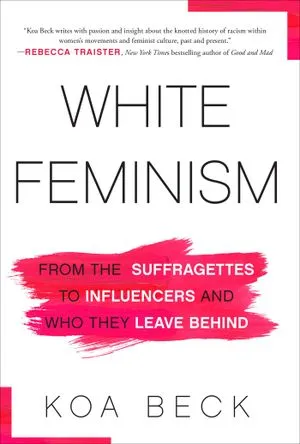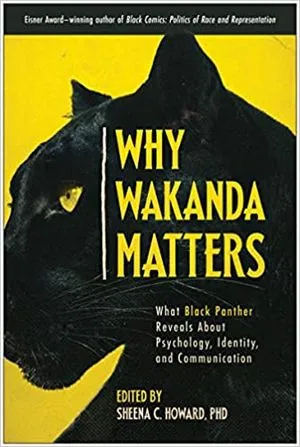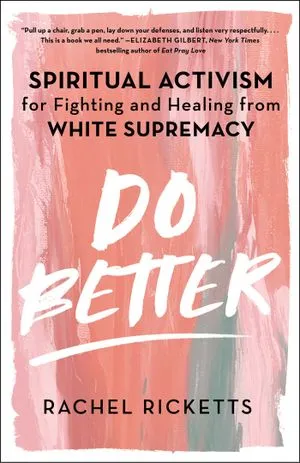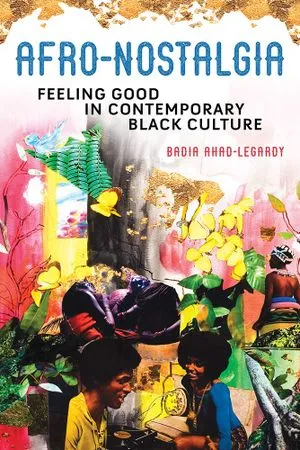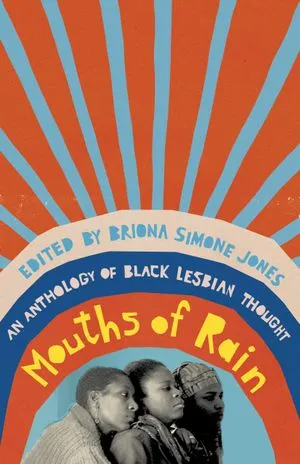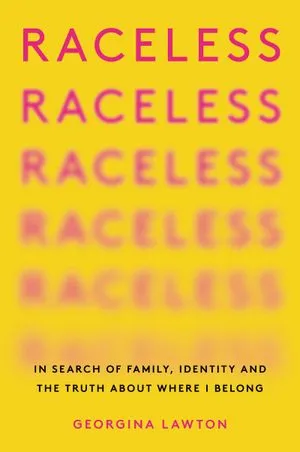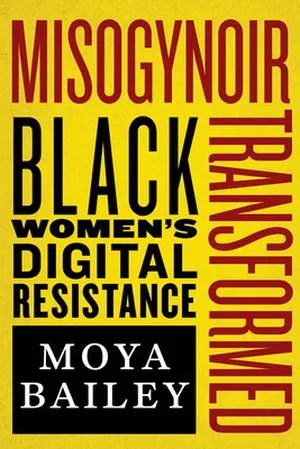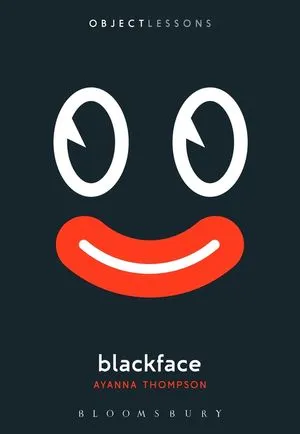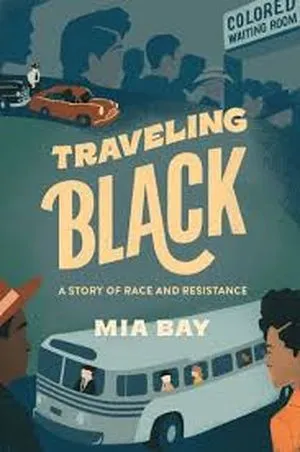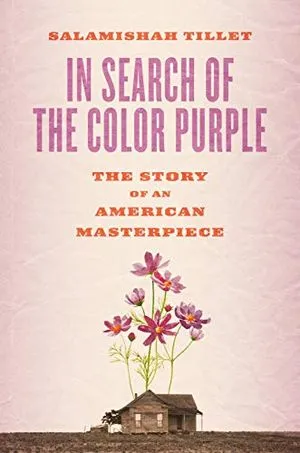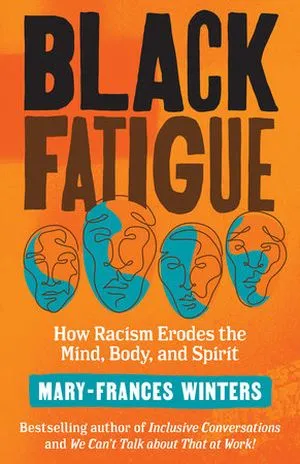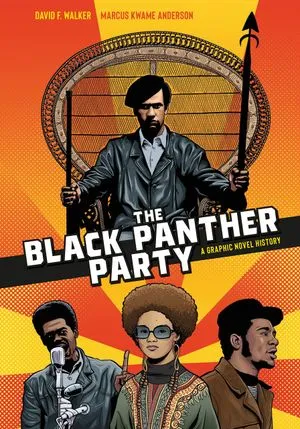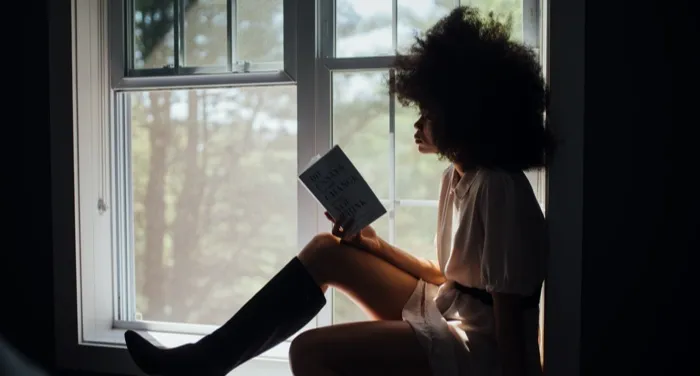
12 Essential Books About Black Identity and History
Just because Black History Month is over doesn’t mean the learning of Black history stops. Take this time to look around your bookshelf to see what you think you need. Personally, I think everyone can benefit from having more Black history literature in their home. I think there is so much to discover about the Black experience here in American and abroad, I don’t think you can have too many books about Black identity and history.
Currently, my favorite Black history books are books that talk about womanism (Black feminism), Black LGBTQ+ identities, and the sociological impact of racism and anti-Blackness. It’s one thing to learn heroes, which we should strive to educate ourselves on. But it’s critical to seek more insight into how Black people navigate in society as it relates to pop culture, activism, and identity intersections. Here are 12 additional titles to add to your bookshelf.
White Feminism: From the Suffragettes to Influencers and Who They Leave Behind by Koa Beck
You probably hear the term white feminism a lot, but what does it mean? Author Koa Beck presents research backed by historical evidence to highlight how white women have failed women of color by using feminism as something to commodify as opposed to using it to unify and fight patriarchy.
Why Wakanda Matters: What Black Panther Reveals About Psychology, Identity, and Communication by Dr. Sheena C. Howard
You’ve seen the movie, now read the collection of essays from mental health experts, researchers, and advocates that express why representation is needed and its impact. It’s one thing to champion for impact, but another thing to understand the importance of seeing yourself in various forms of media.
Do Better: Spiritual Activism for Fighting and Healing from White Supremacy by Rachel Ricketts
An intense and blunt approach to allyship, antiracism, and understanding the ways in which white supremacy traumatizes us. Ricketts challenges readers to step outside of themselves and strive to be antiracist without being praised for it. Ricketts also validates the anger of oppressed and marginalized groups and offers ways for them to cope.
Afro-Nostalgia: Feeling Good in Contemporary Black Culture (New Black Studies Series) by Badia Ahad-Legardy
Can you believe that there was time when white Americans and Europeans believed that Black people were unable to experience nostalgia? Author Ahad-Legardy breaks down nostalgia as an act of joy and even folklore for family to pass down to future generations. Part Afrofuturistic, part academic, this book will make you rethink how you understand Black history and storytelling.
Mouths of Rain: An Anthology of Black Lesbian Thought by Briona Simone Jones
Just in time for Women’s History Month, this Black lesbian anthology showcases a collection of think pieces, memoirs, and fictional short stories that center the Black lesbian experience. Some of the stories are heavier than others and mentions of homophobia are part of some of the stories.
Raceless: In Search of Family, Identity, and the Truth About Where I Belong by Georgina Lawton
Lawton takes a critical look at how we see racial identity by using herself as an example. She explains how her life has been shaped growing up in a white family that did not want to talk about race. Lawton had to establish her identity without the influence of her family. Lawton highlights how white Europeans are uncomfortable explaining race and use colorblindness as a deflection.
Misogynoir Transformed: Black Women’s Digital Resistance by Moya Bailey
Examining pop culture and the many ways it perpetuates anti-Blackness and misogynoir, a term coined by Bailey, she lays out how media portrays Black women. From TV tropes to viral memes, Bailey explores the way mainstream media demeans Black women. She also lays out how Black women are transforming social media with hashtags, original content, and community building while being exploited for their labor.
Blackface by Ayanna Thompson
If you ever wondered why people wear blackface, Thompson examines the history of the racist performance. Thompson experienced blackface firsthand after a child wore blackface to portray a Black historical figure. She took it upon herself to research the history of blackface and to understand why white America continues to be obsessed with it.
Traveling Black: A Story of Race and Resistance by Mia Bay
Sundown towns didn’t end after Jim Crow. Travel segregation isn’t a new concept and still exists in more parts of the United States than most people realize. Racial travel restrictions can be seen in all forms of travel such as via planes, trains, and even cross-country driving. From being forced to ride on the back of the bus to being humiliated while driving with families by police and white local residents, traveling as a Black person is another racial microaggression that can easily turn violent and even deadly.
In Search of the Color Purple: The Story of Alice Walker’s Masterpiece by Salamishah Tillet
Alice Walker’s The Color Purple is arguable one of the best books of all time. Tillet examines the book as a cultural cult classic that combined racism and sexism in a story that released during the Reagan years. Walker was able to brilliantly weave trauma while allowing room for social commentary as it relates to not just women but Black women. Tillet also includes interviews with Oprah and Alice Walker herself.
Black Fatigue: How Racism Erodes the Mind, Body, and Spirit by Mary-Frances Winters
Exhausted. That’s how most Black people feel about talking about race to non-Black people. Winters also highlights how every aspect of life Black people navigate has not gotten better. Winters hopes to inspire aspiring allies with better insight into the Black experience.
The Black Panther Party: A Graphic Novel History by David Walker and Marcus Kwame Anderson
Walker offers a text-heavy graphic novel on the history of the Black Panther Party. If you think you know the Black Panther Party, you’ll second guess your knowledge after reading this. Walker demystifies the party by highlighting lesser-known facts about them like highlighting their meal program for kids, the death of Fred Hampton, and the complexities of the members. Walker doesn’t romanticize the party or the members but offers historical truths to one of the most feared groups in American history.



